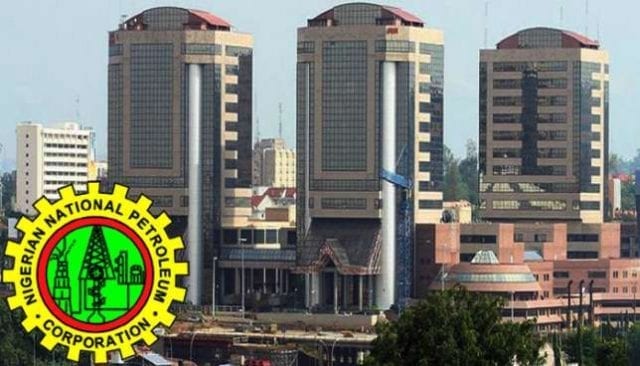The Federal Government, in collaboration with the Nigerian National Petroleum Company Limited (NNPCL) and other key stakeholders, is reviewing the naira-for-crude policy to address concerns over its implementation and impact on the economy. The policy, which was introduced to ease foreign exchange pressures and stabilize fuel supply, has faced challenges in execution, prompting the need for reassessment.
According to sources familiar with the discussions, the review aims to refine the framework to ensure that crude oil transactions conducted in naira remain sustainable and beneficial to both the government and private sector players. The policy was initially designed to reduce the demand for dollars by allowing local refiners to purchase crude in naira, thereby preserving Nigeria’s forex reserves. However, issues such as pricing mechanisms, liquidity concerns, and exchange rate fluctuations have raised questions about its long-term viability.

The Finance Minister, alongside NNPCL officials and representatives from the oil and financial sectors, is evaluating adjustments that could enhance the policy’s effectiveness while maintaining a balance between economic stability and energy security. Some industry analysts argue that while the policy has potential benefits, it requires a structured approach to avoid unintended disruptions in crude supply and revenue generation.
The outcome of the review is expected to shape future government strategies in managing forex reserves, crude exports, and domestic refining activities. Stakeholders anticipate that any modifications to the policy will be aimed at improving efficiency while ensuring that Nigeria maximizes the value of its natural resources.
Support InfoStride News' Credible Journalism: Only credible journalism can guarantee a fair, accountable and transparent society, including democracy and government. It involves a lot of efforts and money. We need your support. Click here to Donate
